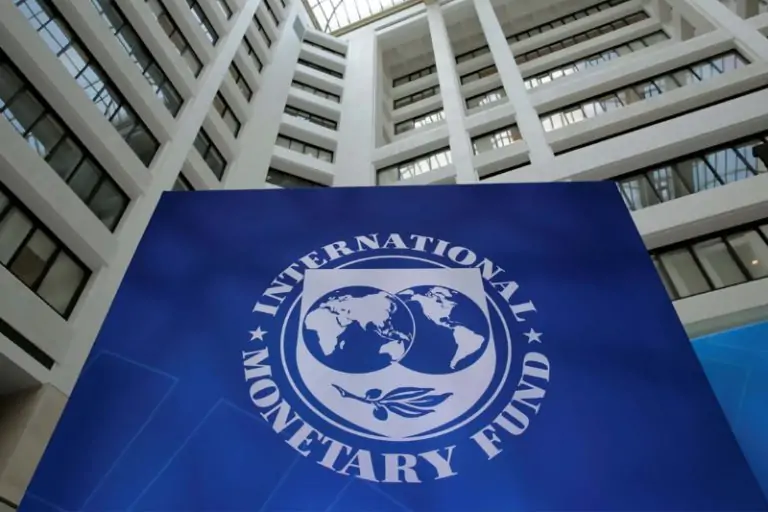

explore lowest and highest imf debts in african nations
In the complex landscape of global finance, African countries grapple with unique socio-economic challenges that significantly impact their journey toward sustainable development. One crucial aspect intertwined with economic stability is the management of external debt, especially in dealings with international financial institutions such as the International Monetary Fund (IMF).
In this exploration, we delve into the debt dynamics of African nations, highlighting the top 10 countries with both the lowest and highest debts to the IMF as of December 6, 2023.
Low debt levels play a pivotal role in fostering economic stability for nations. Excessive debt can lead to a cascade of financial crises, currency devaluation, and inflationary pressures, posing severe threats to a country’s well-being. Adopting a conservative approach to external borrowing becomes a strategic move for African nations, offering them a shield against potential risks and contributing to an environment conducive to sustainable growth.
The IMF stands as a crucial player in global finance, extending monetary assistance to governments facing economic difficulties. While the financial aid provided by the IMF can be a lifeline for countries in crisis, it comes with a nuanced set of consequences that impact economies differently. The extent to which these effects are felt varies across African regions, influenced by the amount of loans procured from the global lender.
Below is a comprehensive list of the 10 African countries with the lowest debts to the IMF, sourced directly from the IMF’s official website as of December 6, 2023:
| 1. Sao Tome & Principe | $24,816,432 |
| 2. Djibouti | $31,800,000 |
| 3. Lesotho | $31,995,000 |
| 4. Guinea-Bissau | $41,073,400 |
| 5. Cabo Verde | $50,720,000 |
| 6. Equatorial Guinea | $76,537,000 |
| 7. Eswatini | $78,500,000 |
| 8. Gambia | $97,762,500 |
| 9. Seychelles | $98,419,500 |
| 10. Burundi | $103,100,000 |
Countries often resort to the IMF as a last resort during economic crises to stabilize their financial systems. These loans provide a cushion against economic adversities, allowing nations to navigate challenges until they devise more sustainable solutions. Additionally, an IMF loan can enhance a country’s credibility in the eyes of foreign investors, potentially resulting in increased foreign direct investment and improved access to global capital markets.
However, the judicious management of these loans is paramount. Improper utilization can lead to detrimental consequences for an economy. Beyond the inherent financial stress associated with debts, IMF loans often come with stringent conditions, including austerity measures such as reducing public spending, cutting subsidies, and implementing tax increases.
In contrast, some African countries grapple with higher debts to the IMF, signaling a different set of challenges. As of December 6, 2023, the following are the 10 African countries with the highest debts to the IMF:
| 1. Egypt | $11,968,321,674 |
| 2. Angola | $3,153,816,667 |
| 3. South Africa | $2,669,800,000 |
| 4. Côte d’Ivoire | $2,117,559,620 |
| 5. Kenya | $2,058,982,100 |
| 6. Nigeria | $1,840,875,000 |
| 7. Ghana | $1,644,377,000 |
| 8. Morocco | $1,499,800,000 |
| 9. Democratic Republic of Congo | $1,294,500,000 |
| 10. Tunisia | $1,259,139,338 |
These figures underscore the diversity of economic challenges faced by African nations, with implications for fiscal policies, social stability, and overall economic well-being.
In conclusion, the exploration of African countries with varying debt levels to the IMF sheds light on the intricate relationship between external borrowing, economic stability, and global financial dynamics. While low-debt nations enjoy advantages in maintaining stability, high-debt nations face a delicate balancing act in managing IMF loans to avert socio-economic upheavals.
Cross-border activity suffered vast disruption when the new ban started at midnight Thursday with its direct impact on border checkpoints…
South African Bank fined R700,000 after determining the institution misrepresented a credit product as an investment opportunity. Following its December…
EA Sports shows that Toronto Maple Leafs will stop their 58-year title wait by beating the Colorado Avalanche in seven…
Pope Francis, the first Latin American pope of the Roman Catholic Church, passed away in the morning of his 88th…
You want to pick a good film for weekend relaxation? Netflix South Africa provides customers with a wide range of…
The 2025 edition of AFCON will be hosted by Morocco which serves both the high-level competition and as a catalyst…
This website uses cookies.